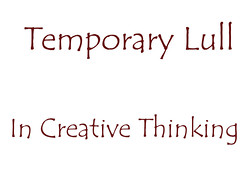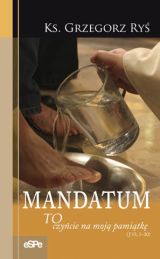 There is much to say in this Easter season but I am having a bit of trouble with phone and internet so I am having an enforced 'lull'.
There is much to say in this Easter season but I am having a bit of trouble with phone and internet so I am having an enforced 'lull'.Be back soon........I hope
In the quietness of Friday
we experience death
Not nice death
whereby Granny leaves all her jewels
to knowing grandkids
Nor heroic death
when facing all odds
the young resistance fighter
looks into the distance
and shouts
words that will always be remembered
Viva! Viva!
And not the carefully medicated death
where, machine switched off,
I float into oblivion
and don’t come back.
But holy death
which sets apart
the whole world as holy to God
-0-0-
In the quietness of Sunday morning
coming to a place of death
we are surprised
to find there
only rags and stones.
Rags and stones.
Do my eyes deceive me?
Would there were
a voice there
to tell me
what to do and where to go.
So lost, uncertain
I can only leave
death’s place
and wander life’s garden.
It is only vaguely
(perhaps I’m wrong)
that I see that man over there
but I don’t know him
or understand his voice.
He speaks of something
that I don’t fathom well
a life that is new.
And I wonder what was wrong with the old life
But he speaks of this
New life
which sets apart
And the texts are in the entries below.
Shabbat Shalom!


 Reflection for Good Friday, April 14 2006. Isaiah 52:13-53:12; Psalm 22; 1 Corinthians 1:18-31; Hebrews 10:16-25; John 18:1-19:42
Reflection for Good Friday, April 14 2006. Isaiah 52:13-53:12; Psalm 22; 1 Corinthians 1:18-31; Hebrews 10:16-25; John 18:1-19:42Were the whole realm of nature mine,
that were a present far too small;
love so amazing, so divine,
demands my soul, my life, my all.
 Things come together on this day.
Things come together on this day."I give you a new commandment, that you love one another. Just as I have loved you, you also should love one another. 35By this everyone will know that you are my disciples, if you have love for one another.’"
 Each year in Holy Week the Bishop meets with his clergy
Each year in Holy Week the Bishop meets with his clergy